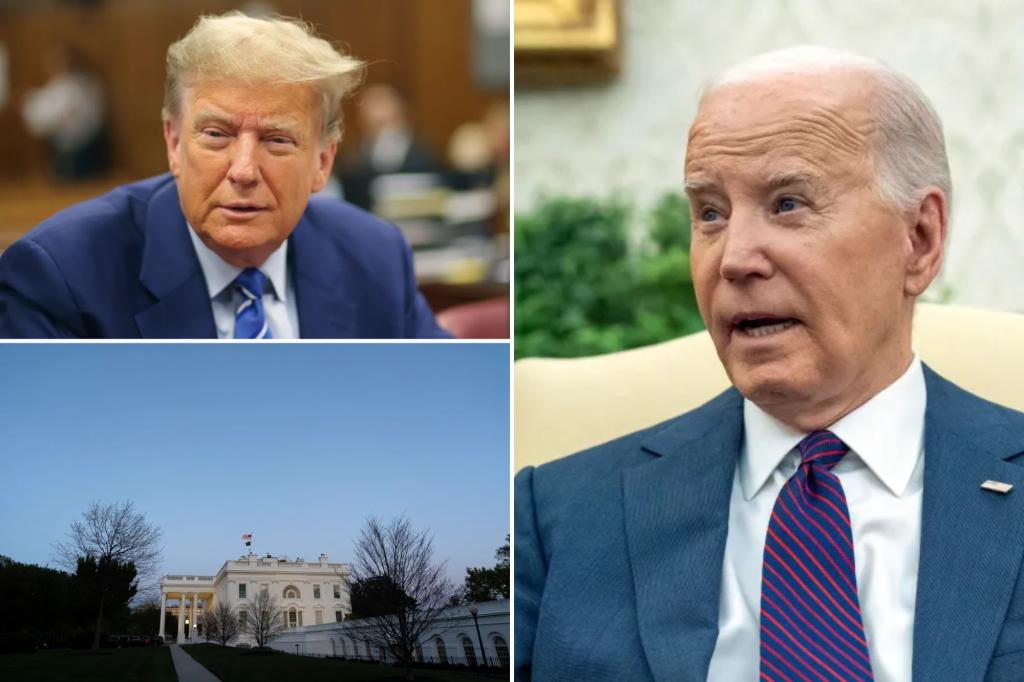Former President Donald Trump is often referred to by current White House staffers as “Hitler Pig,” a derogatory nickname that originated after he dined with rapper Kanye West and Holocaust skeptic Nick Fuentes at his Mar-a-Lago estate. The term is predominantly used by younger, tech-savvy aides to President Biden when Trump makes outlandish comments, such as appearing to praise the Nazi dictator. The nickname has sparked some controversy and mockery on social media, with some questioning the humor and maturity of using such a derogatory term.
The use of the “Hitler Pig” nickname by White House staffers has been met with mixed reactions, with some finding it humorous and others finding it pathetic. The name has raised eyebrows among political commentators and social media users, with some suggesting alternative variations like “Pig Hitler” as potentially funnier alternatives. The origins of the nickname stem from Trump’s controversial actions and associations, particularly his dinner with Kanye West and Nick Fuentes, which sparked outrage and led to the creation of the derogatory moniker.
Critics of the nickname argue that it reflects poorly on the White House staffers who use it, with Trump campaign adviser Chris LaCivita suggesting that it highlights the degradation of political discourse and the lack of professionalism in the current administration. The use of such inflammatory language to describe a former president has also raised concerns about the level of civility and respect in political discourse, with some questioning whether such derogatory nicknames are appropriate in the context of public service and leadership. The controversy surrounding the “Hitler Pig” nickname highlights the increasingly polarized and hostile nature of modern political rhetoric.
The adoption of derisive nicknames in political discourse is not new, with previous presidents and political figures being subjected to similar treatment. However, the use of the “Hitler Pig” nickname raises questions about the boundaries of political satire and criticism, particularly when it comes to invoking historical figures associated with genocide and atrocities. The impact of such derogatory language on public perception and the tone of political debate remains a hotly debated topic, with some arguing that it reflects a lack of respect for the office of the presidency and undermines efforts to foster bipartisanship and unity.
Ultimately, the controversy surrounding the “Hitler Pig” nickname reflects broader concerns about the tone and tenor of political discourse in contemporary society. The use of inflammatory language and derogatory nicknames to criticize political opponents is a divisive tactic that can exacerbate partisan tensions and hinder efforts to find common ground on important issues. As political rhetoric continues to escalate in intensity and hostility, the need for civility, respect, and empathy in public discourse becomes increasingly important to promote understanding and cooperation in a polarized political landscape.















